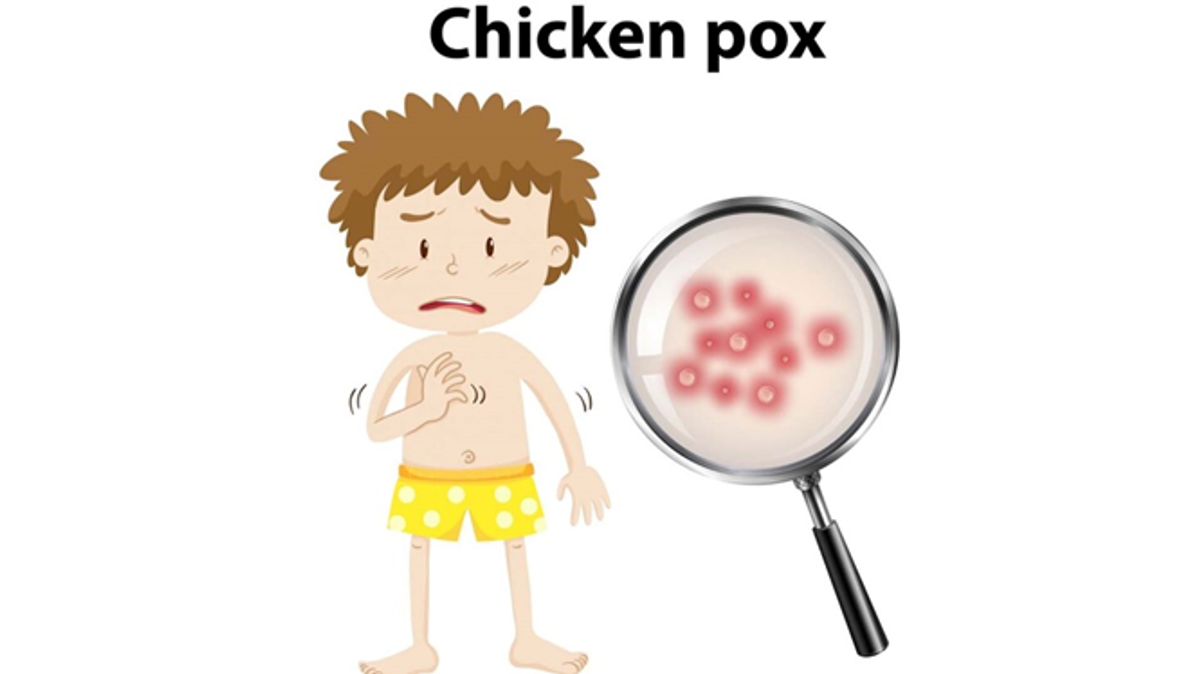Health

Chickenpox
Chickenpox is a highly contagious, notifiable infectious disease in Western Australia caused by the Varicella-zoster virus. It is usually spread by respiratory droplets and by direct or indirect contact with fluid from an infected person's blisters.
It is usually a mild childhood illness but can be serious for non-immune pregnant women, newborn babies, and people with weakened immune systems.
Common symptoms are fever, feeling unwell and an itchy skin rash. The rash begins on the middle of the body and spreads all over, forming blisters that crust over and dry out in about five days.
Chickenpox can cause problems such as skin infection, dehydration, scarring and in rare cases, an infection in the lungs (pneumonia) or swelling of the brain.
- Incubation period is two to three weeks.
- Infectious period is from two days before the rash appears and until the blisters have formed crusts.
- Contacts post exposure vaccination can be offered to non-immune contacts, if not contraindicated. (Vaccination can be given within five days post exposure) and lifetime immunity is achieved by receiving two vaccines.
What should I do if my child has chicken pox?
If infected, exclude from school for at least five days after the rash appears and until blisters have formed crusts.
If you go to the GP, you should call ahead to avoid waiting rooms and the possibility of infecting other people.
Judy Buckley
College Nurse

